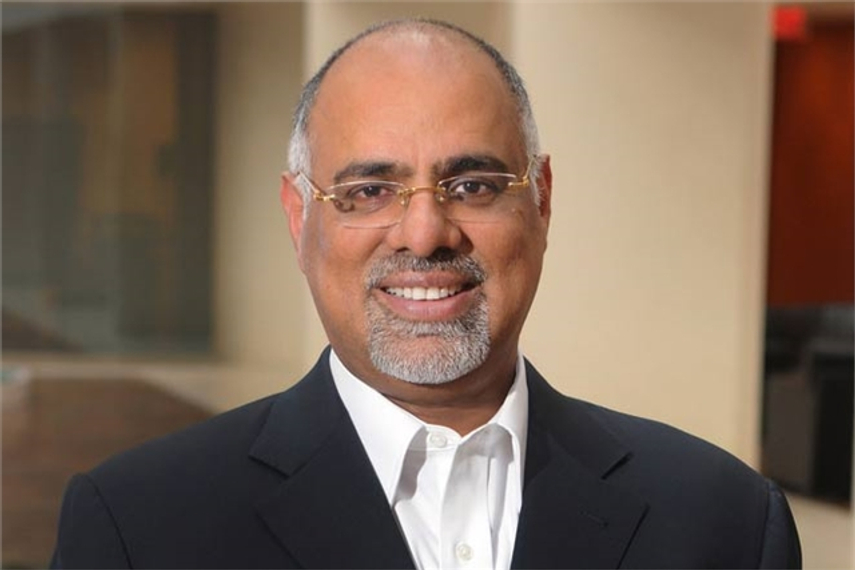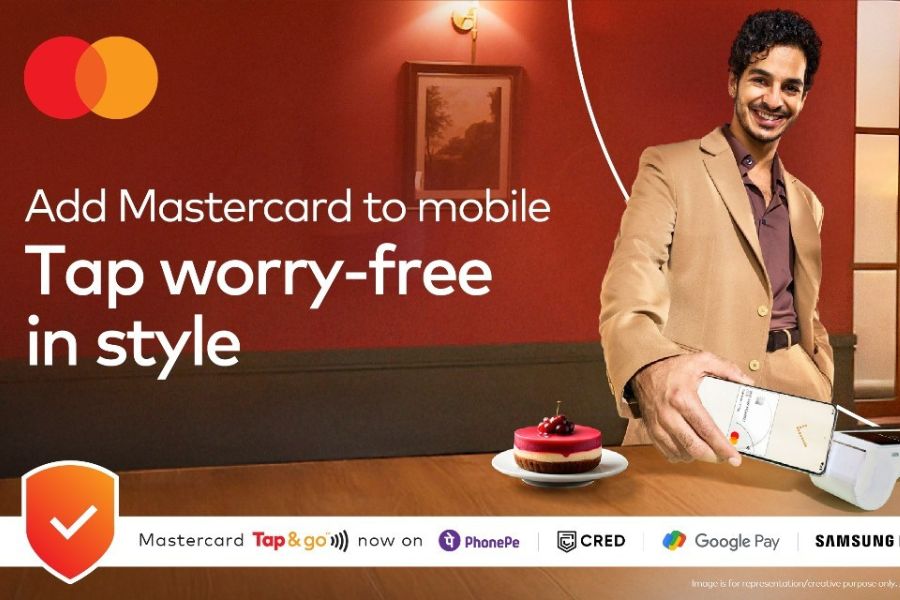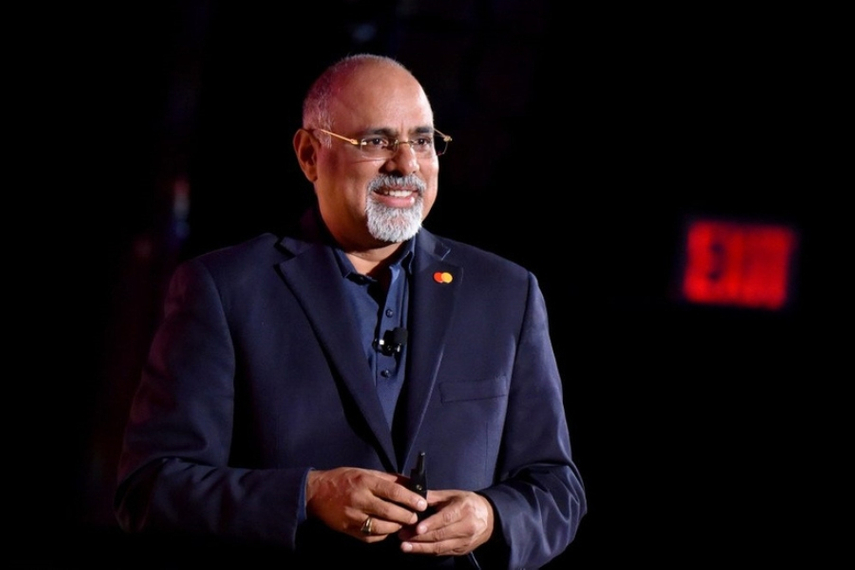"There's a time to sell, and a time to serve." That's the essential truth that Raja Rajamannar, global CMO of Mastercard, used to guide his responses to the COVID-19 crisis. "If you stick with your customers and consumers during their time of vulnerability, when the tide turns, they will stick with you," he said.
Speaking to the online Campaign Connect audience Tuesday evening (Asia time), Rajamannar revealed that an established brand purpose and a healthy dose of advanced crisis gameplanning also helped the brand make the right moves as the world shifted under its feet.
"Two and a half years back, what I did was form a risk-management function within marketing, which is very unusual," Rajamannar said. This group developed contingency plans for a whole range of scenarios, such as financial crises or data-privacy disasters. "To be sure, we had no clue of either COVID-19 or the extent of the devastation, both economically and health-wise, it has been creating around the whole world. But because we had the risk-management function already in place, and all the building blocks were there, we could kick into action right away."
In addition, Mastercard knew long before the crisis what it was, and what it stood for.
"We spent formally a lot of time figuring out what the purpose of the company would be, how would it manifest into the brand, the brand positioning, the brand values, the brand imagery," he said. "All this stuff, we had done quite some time back." What a marketer has to re-evaluate when crisis hits, he added, is how the application of strategy shifts in the changed environment, even as the overall brand purpose remains unchanged.
"What it does show clearly is that we need to adjust the tactics," he said. "When people are scared, they're hurting. And obviously you have to be in touch with them in that context. Otherwise, you'll be tone-deaf."
As an example, Rajamannar outlined how Mastercard adjusted its age-old 'Priceless' platform, which is normally about exclusive, real-world experiences that can be, as the name implies, pricey.
"We did a lot of quick research into this to ask, is it going to be out of sync with how consumers are feeling right now? Or is there any adaptation we have to do?" The research showed that homebound consumers were open to something that could break the monotony, but obviously, the usual in-person experiences with brand ambassadors were out of the question.
"What we did is, we quickly pivoted from physical experiences, and we said this is now 'Priceless at home', delivered digitally," Rajamannar said. "And the idea is not to make money. The idea is to really help the consumers. To make them feel good. And of course, we are reinforcing the brand bond with them."
The pivot required fast work on everything from contracts with ambassadors to online infrastructure, but proved valuable.
"It gave us two very interesting insights," Rajamannar said. "Number one is, you can deliver these digital experiences at scale, very rapidly, and reach a lot more people. And the second one is, this is going to be, on an ongoing basis, an integral part of our mix. Pre-COVID, we did not look at digital experiences as a key component of our experiential marketing. Whereas now, we said, this is a fantastic opportunity."
Four brand mistakes
Rajamannar also shared what he views as the four biggest mistakes brands can make during the crisis:
- Price gouging, which completely breaks trust with the consumer.
- Going totally dark, and/or letting go of marketing-department staff, who are not easy to replace or develop, because it takes a long time to internalise brand purpose and learn how to manifest it.
- Not being in tune with consumers: "You're talking about yourself, and the consumer doesn't want you to talk about you.... It's not about talking. It's about doing something."
- Work that falls into the 'sea of sameness': "I think brands are falling into this trap of trying to do the thing which is considered to be right, but not paying attention to how identical they are looking to somebody else, in which case they might as well not advertise at all."
You can view Rajamannar's entire interview, and all of the sessions taking place around the globe, on-demand at the Campaign Connect hub.




